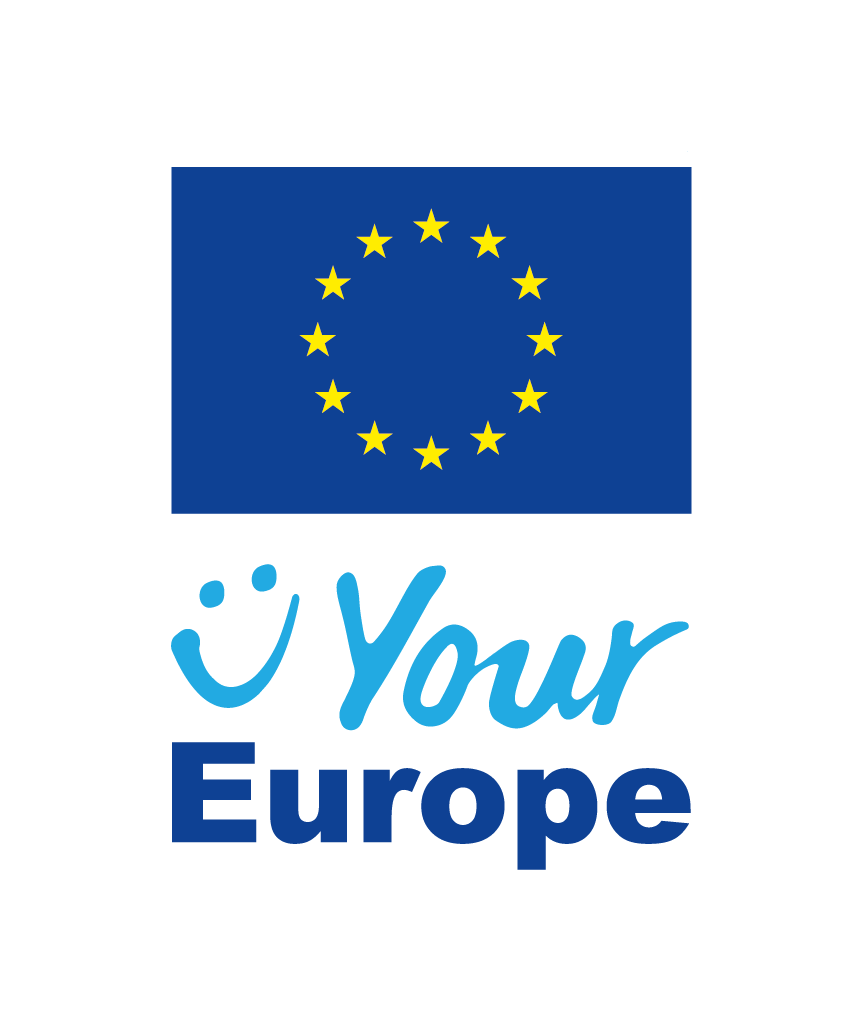The Danish Ministry of Education supervises the free primary schools. The part of supervision relating to the quality of education is the responsibility of the Education and Quality Board.
In order to get an overview of the whole area, the Board can choose to consider whether one or more schools need special attention, for instance because of low grades in the state primary school examinations.
Investigations can be initiated on the basis of approaches to the Board from parents or others. The Board does not deal with appeals. However, approaches to the Board on conditions in a free primary school may lead to an inspection if one or another parent give the Board information about a school which may create concern about the quality of the overall education of the school. In extreme cases, the Board can remove the subsidy from a free primary school and the right to be a free primary school.
In order to ensure the quality of education, the schools need to choose one or more external supervisors, or the school must carry out self-evaluation using an evaluation model approved by the Ministry. Self-evaluation ensures that the evaluation of a school can give the parents and Board of the school and the Education and Quality Board the opportunity to assess whether the school meets the requirements of the Free School Act. If the school chooses an external supervisor, regulations are laid down in the Act on free primary schools on what supervision involves and newly-selected supervisors must be certified.













